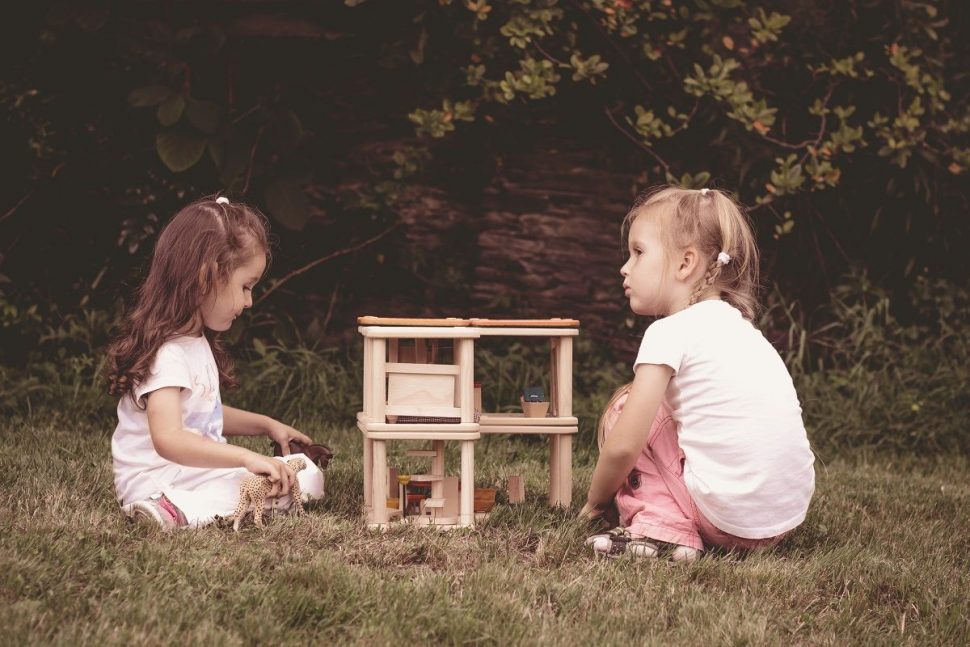
So You Want to Be a Montessori Parent, But…
Let’s say you’re sold – you believe that Montessori is the right path for you and your family. What are the most common obstacles between parents and this choice?
Read more
Let’s say you’re sold – you believe that Montessori is the right path for you and your family. What are the most common obstacles between parents and this choice?
Read more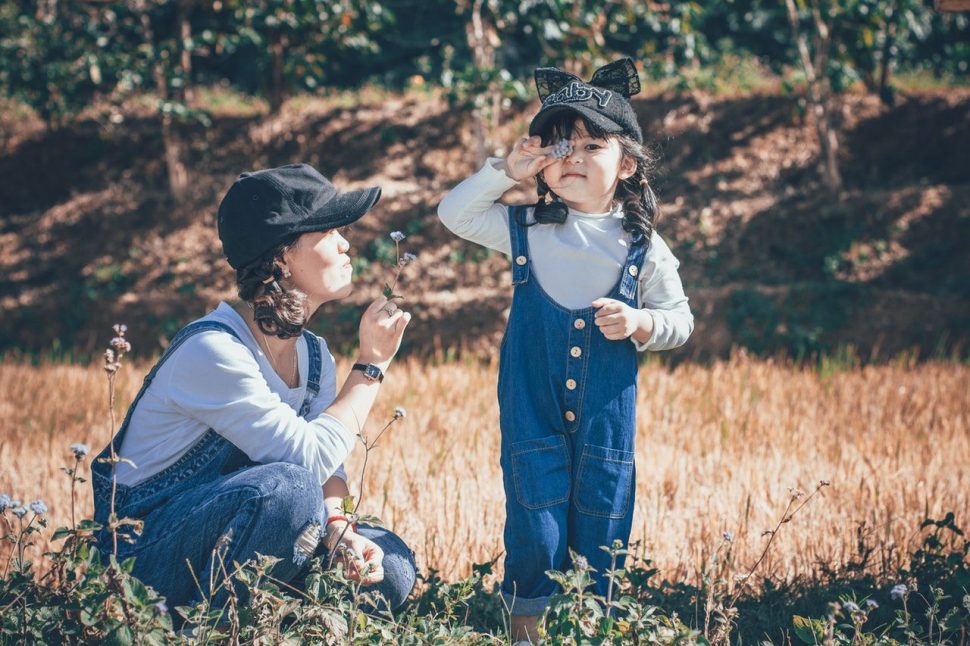
We’ve spoken extensively on the theory of parent-child communication – rightfully so, as it is one of the most essential parts of parenting. So here is the practice: concrete examples of the five most useful and important phrases in any parent’s vocabulary.
Read more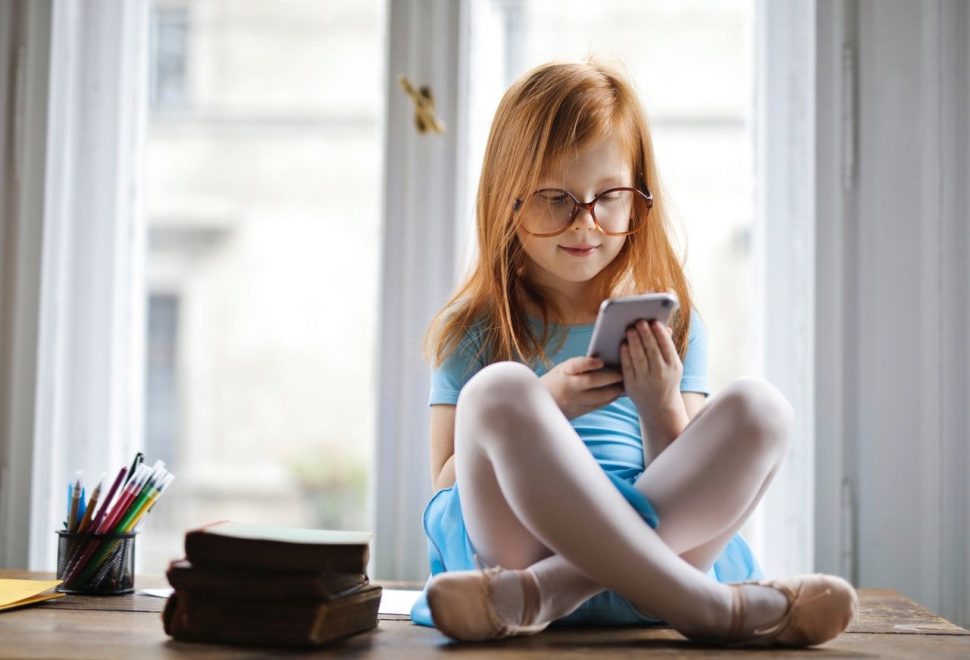
Montessori education first flourished more than a century ago. What is different now and then, and what are the most common obstacles Montessori parents run into?
Read more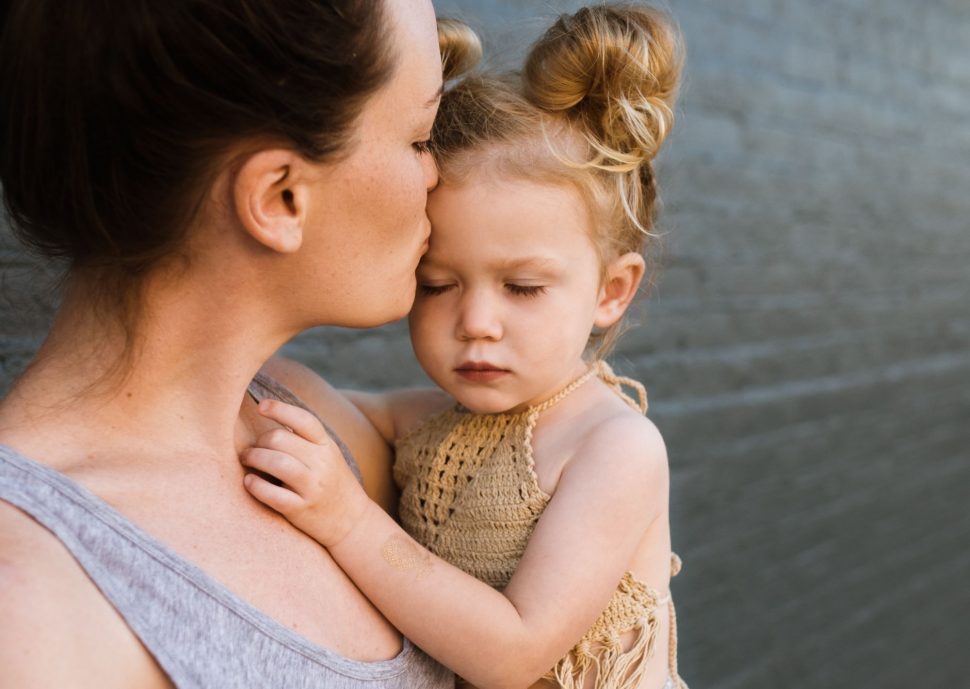
Before the age of two, the child undergoes a series of developmental changes making them ready for a new social environment. Although the parents are still the most important people in their world, children now need an expansion of their social horizons: the experience of a peer group, of beingsocially independent. This is a big and valuable step: learning...
Read more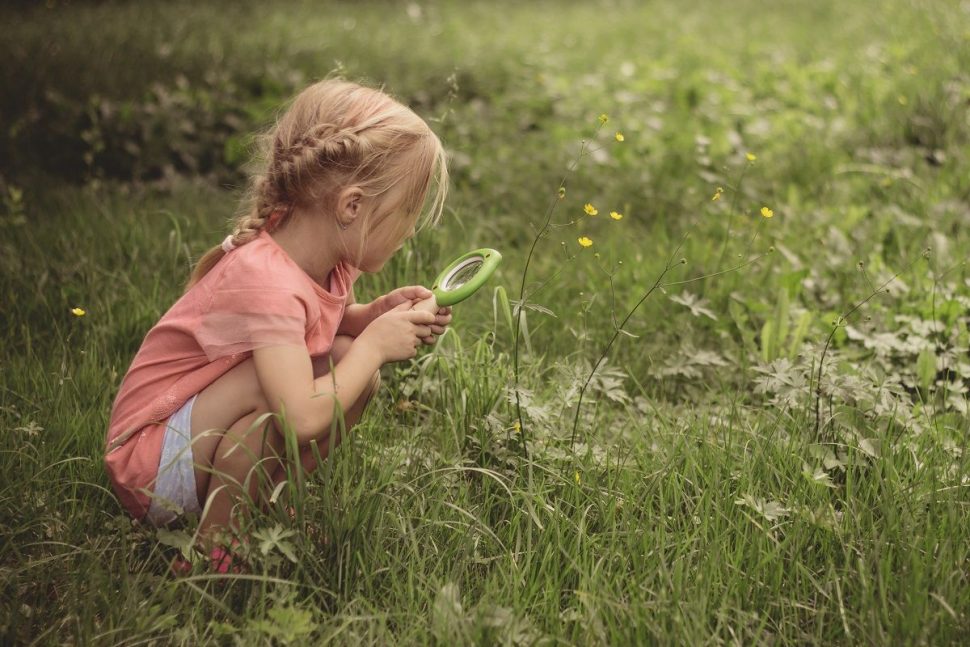
It is true that Montessori classrooms lack the traditional “pretend play” toys and equipment, like play kitchens and play tools, play castles or stuffed animals. This is not because we don’t value imaginative play – quite the opposite. But we prefer to give the children different tools and opportunities for it.
Read more
In Montessori, we believe in each child’s innate goodness, their potential for peace and grace. How do we approach the small child who is anything but – the child who hits and hurts others?
Read more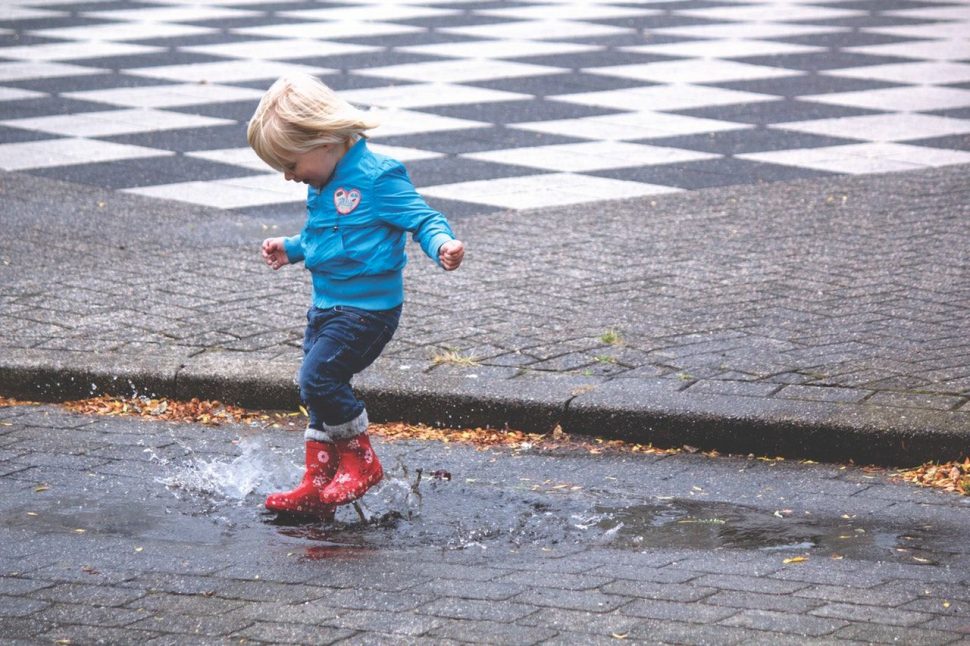
This week, we take a break from the Communication Series to consider some of the most wonderful educational materials that Mother Nature provides our children.
Read more
After discussing children’s art and its importance at length, as well as the character of graphomotor development , it’s time to offer some concrete and hand-on tips for art activities and exercises.
Read more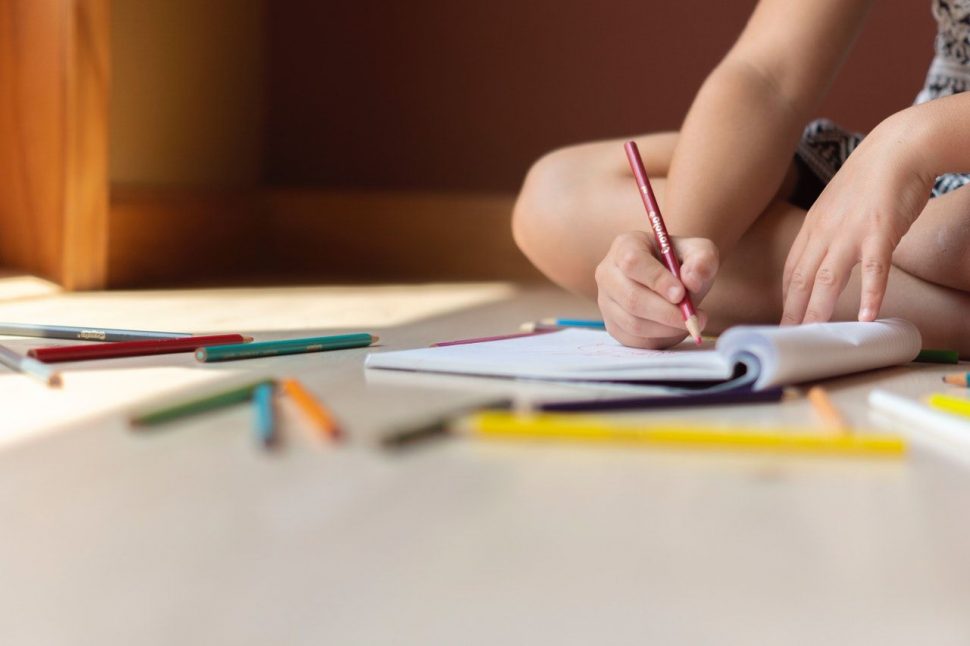
The physical act of writing – using pens and paper to create marks that relay words, concepts and messages – is a uniquely human and tremendously complex activity. Increasingly, it is also one that modern children struggle with. Can Montessori help?
Read more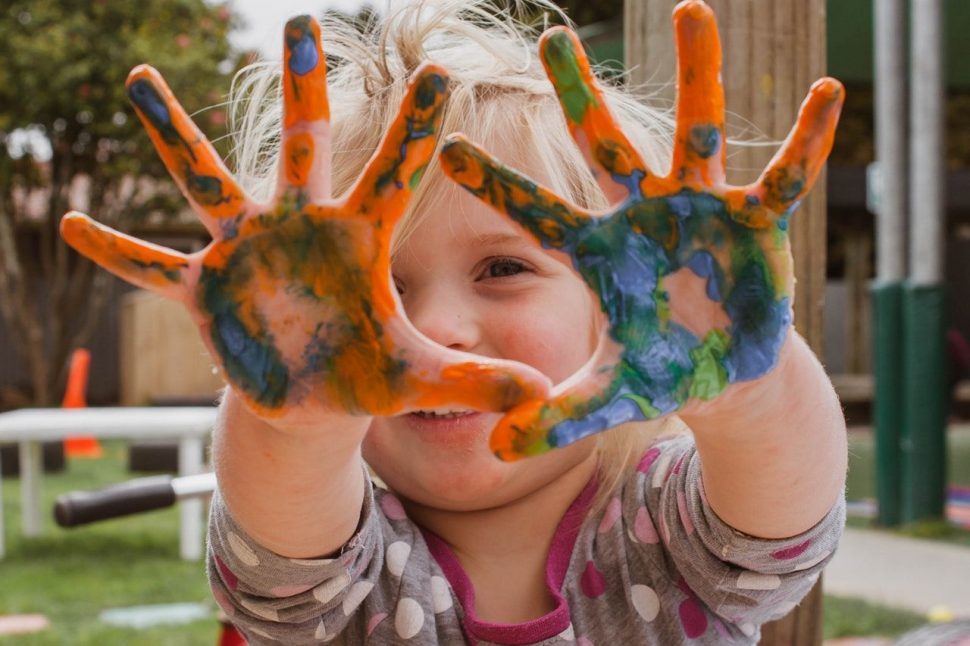
Art and artistic expression are, in Montessori, considered to be one of the fundamental human tendencies. More so, we also know that it forms a crucial aspect of children’s mental development. How do we understand, interpret and support this important activity?
Read more